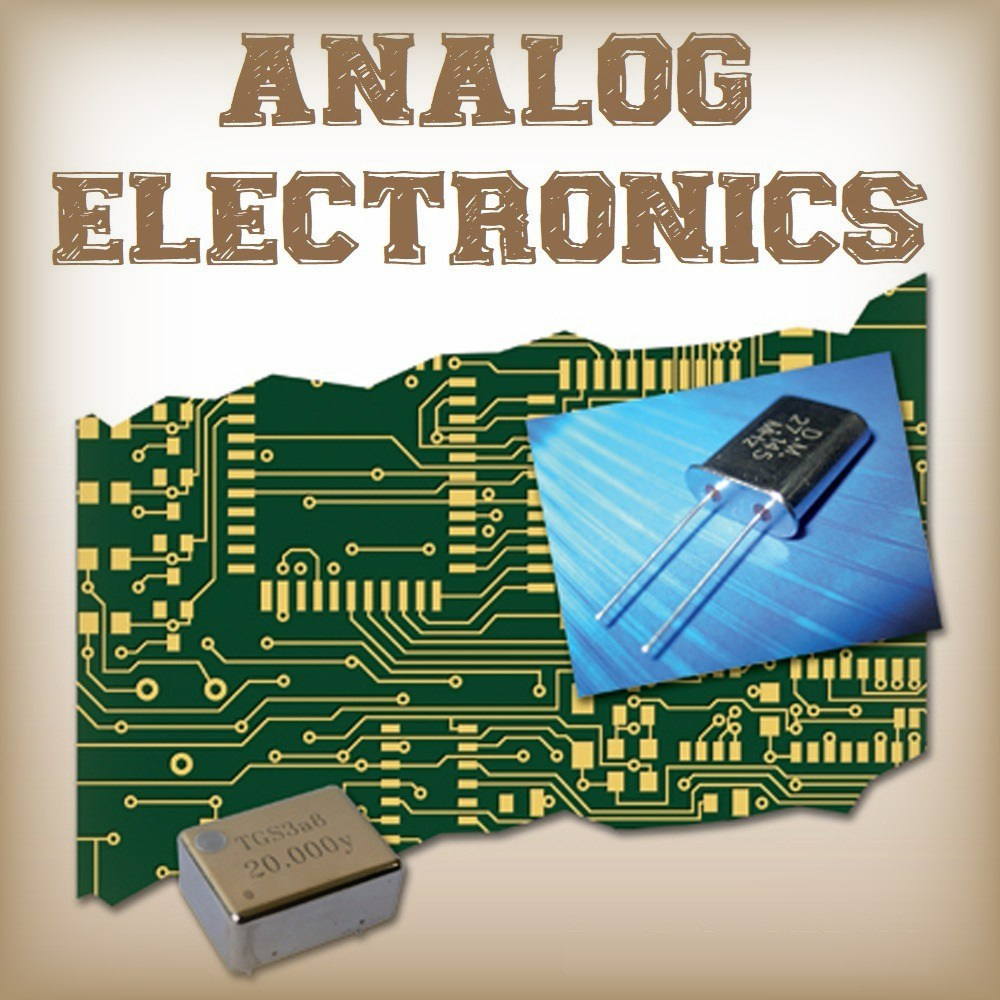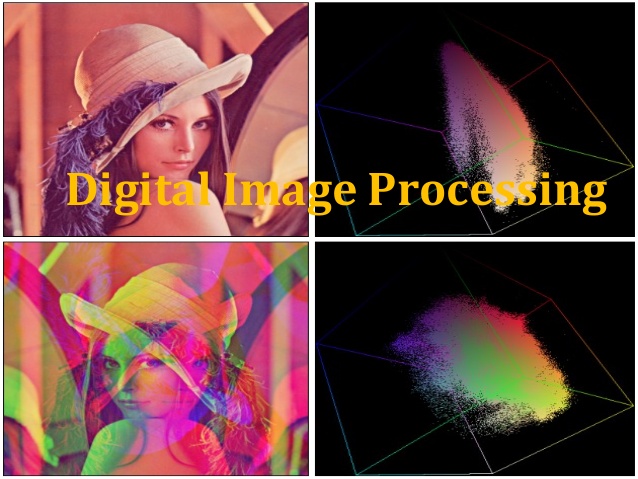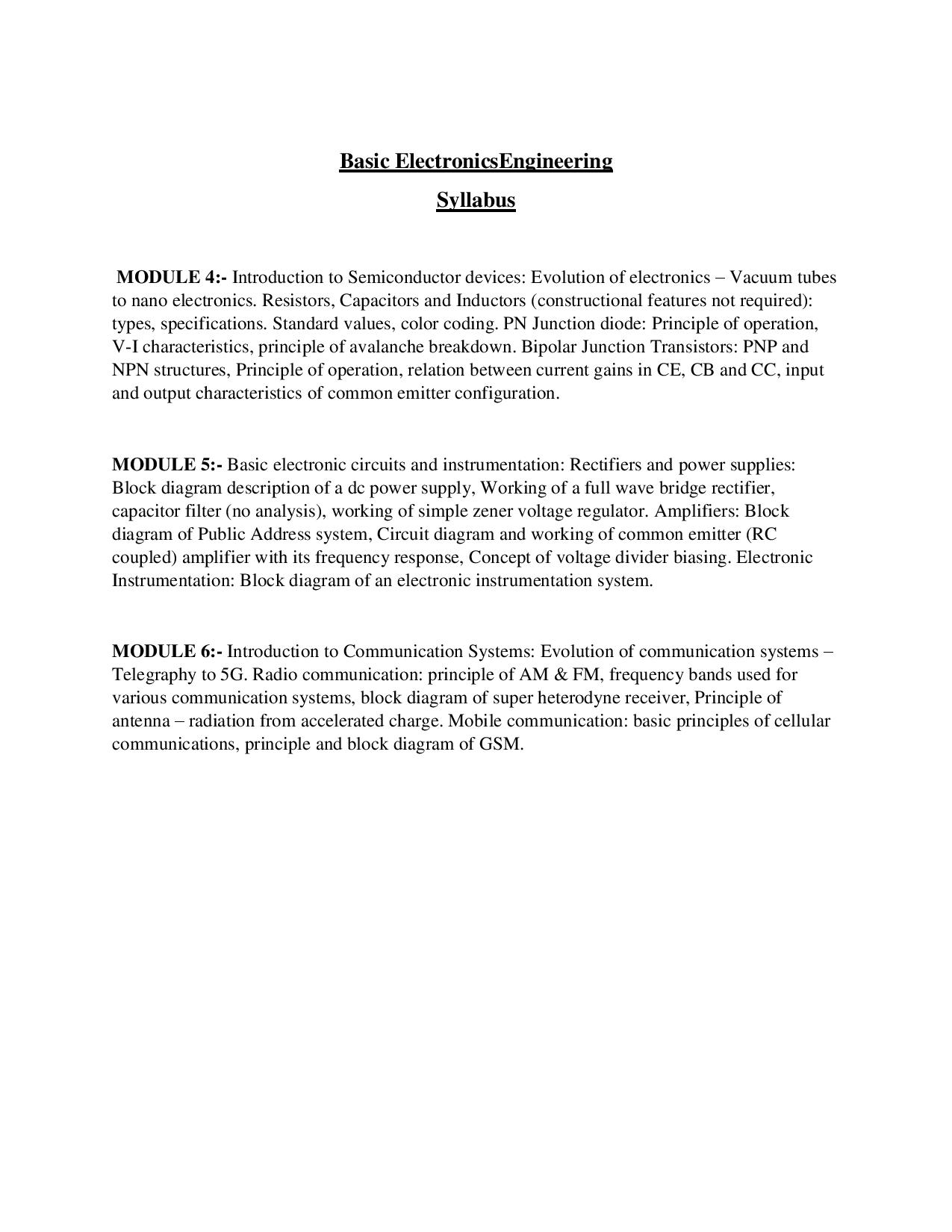
subhathomas.gnomio.com
-
Welcome to your Moodle site
Now, you are in control!
Here are some links of interest:
Skip available courses
Available courses



Course Outcomes
EC370.1 Explain the digital Image Fundamentals.
EC370.2 Demonstrate and interpret the various image enhancement,restoration and segmentation techniques.
EC370.3 Explain the various image compression schemes and standards.
EC370.4 Apply the basic concepts of mathematical transform necessary for image processing.
EC370.5 Utilize the concepts of two dimensional transforms in digital images.
EC370.6 Apply the various image enhancement algorithms in digital images
Course Outcome (COs)
EC405.1:- Illustrate the concepts of light transmission through various types of optical fibers and outline the transmission characteristics of fibers
EC405.2:- Understand and classify various optical sources and compare their performance
EC405.3:- Discuss about the performance of various optical detectors and their use in optical receivers
EC405.4:- Construct an optical link by utilizing the knowledge of link power budget and rise time budget
EC405.5:- Apply the knowledge of various optical amplifiers in the design of optical links and compare the performances of various types of amplifiers.
EC405.6:- Understand about WDM techniques ,standards and WDM components

Basic ElectronicsEngineering
Syllabus
MODULE 4:- Introduction to Semiconductor devices: Evolution of electronics – Vacuum tubes to nano electronics. Resistors, Capacitors and Inductors (constructional features not required): types, specifications. Standard values, color coding. PN Junction diode: Principle of operation, V-I characteristics, principle of avalanche breakdown. Bipolar Junction Transistors: PNP and NPN structures, Principle of operation, relation between current gains in CE, CB and CC, input and output characteristics of common emitter configuration.
MODULE 5:- Basic electronic circuits and instrumentation: Rectifiers and power supplies: Block diagram description of a dc power supply, Working of a full wave bridge rectifier, capacitor filter (no analysis), working of simple zener voltage regulator. Amplifiers: Block diagram of Public Address system, Circuit diagram and working of common emitter (RC coupled) amplifier with its frequency response, Concept of voltage divider biasing. Electronic Instrumentation: Block diagram of an electronic instrumentation system.
MODULE 6:- Introduction to Communication Systems: Evolution of communication systems – Telegraphy to 5G. Radio communication: principle of AM & FM, frequency bands used for various communication systems, block diagram of super heterodyne receiver, Principle of antenna – radiation from accelerated charge. Mobile communication: basic principles of cellular communications, principle and block diagram of GSM.
Skip course categories

